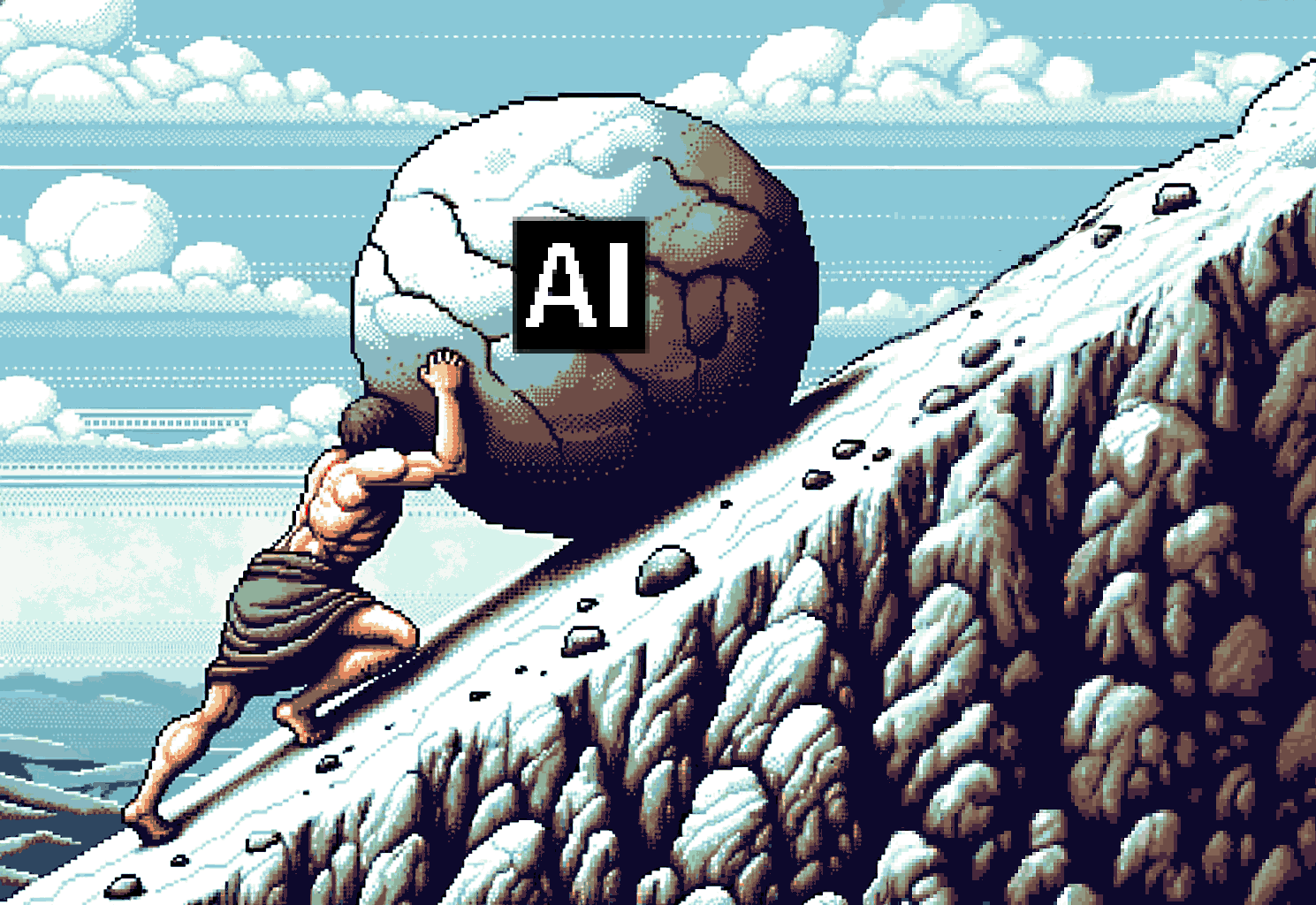I had a teacher in elementary school who showed me a picture of a student pulling a wagon full of textbooks. She told me that by the time I was old enough to attend college, all of those textbooks would fit in a single backpack in a digital book. I had very interesting ideas about what that digital book would look like, and sure enough, I had a few digital course books in my university studies (though there was a general reluctance to adopt e-books by the publishers and the professors).
When Netflix and Redbox were still in their physical/mailing days, I wondered when I would walk up to a machine with a thumb drive to pay for and load the latest blockbuster video (my internet had not been fast enough for me to consider streaming yet).
I watched as the learning management systems in the university I attended became increasingly advanced, interactive, and attempted to be communal. I was convinced that education was going to undergo a major leap, where learning would be more accessible and more effective than we could even imagine.
Recent trends
In some aspects, I was right. Access to information has expanded well beyond what I could have dreamed. There are more tools at my fingertips than I could ever hope to master, and the latest advancements in AI promise me that I’ll be able to use them without the requirement of mastery.
Education
In other aspects, I was wrong. Increased access did not directly translate to increased learning. In fact, there seems to have been a line that we crossed where we started to move in the opposite direction.
If we take a look at a recent report from the National Center for Education Statistics, we can see a few troubling trends. The reading, math, and science proficiency of our youth is (and has been) declining, even as our classrooms are embedded with more technology than ever.
General Wellbeing
A look at the 2024 World Happiness Report shows us a similar trend (looking specifically at the youth in the United States), where our general happiness is declining. The generation that has had technology embedded into a greater portion of their lives is certainly not experiencing the fabled benefit from that technology. Or, at least, the benefit is being overshadowed by other negative forces (some of those are certainly technology-related).
What does our future look like?
Sandi Metz is one of my favorite human beings on the planet. She’s a renowned developer, author, and speaker. I had a really great opportunity to meet her at a company training back in 2017/2018 while working at Procore. One of the most striking characteristics that I remember is her ability to take a look at a question with an almost unreasonable amount of practicality. More than that, her perspective on technology and the way it changes our world has stuck with me, especially now in the midst of very large leaps in computer-generated content. If you have the time, rewind this talk to the beginning and watch the whole thing. If you are in a hurry, play from around the 30-minute mark. It’s worth it.
The TL;DR: everything will change, and we will be left to deal with those changes—from our own mortality to the rapid displacement of current technologies and ways of living. It’s on us to find a cause and contribute some good back into the world and “do real things”.
How do we move the needle forward?
We have more tools now than ever before, but our quality of life (as measured by our collective happiness, health, education, and economic growth) is not accelerating at the same pace as our tools. As a technologist (a programmer by trade), I am loath to blame the tools themselves. After all, some of the tools must be useful and even “good”.
For the past two weeks, I have not gone a single day without learning about a new tool, startup, or idea to use technology (specifically AI) to improve some aspect of our lives. I can see that we have a huge desire to make these improvements. The performance of and investments in these new developments show me that there is a massive interest in addressing these challenges. People and businesses are willing to pay, governments are writing grants, and non-profits are raising funds.
People are executing and starting to use these new tools.
…What are we missing?
How do we fulfill that promise of technology improving our lives instead?
I don’t have the answers today, but I do have a few ideas about some things that are standing in our way. I’ll let you know when I’m ready to share them.


Leave a Reply